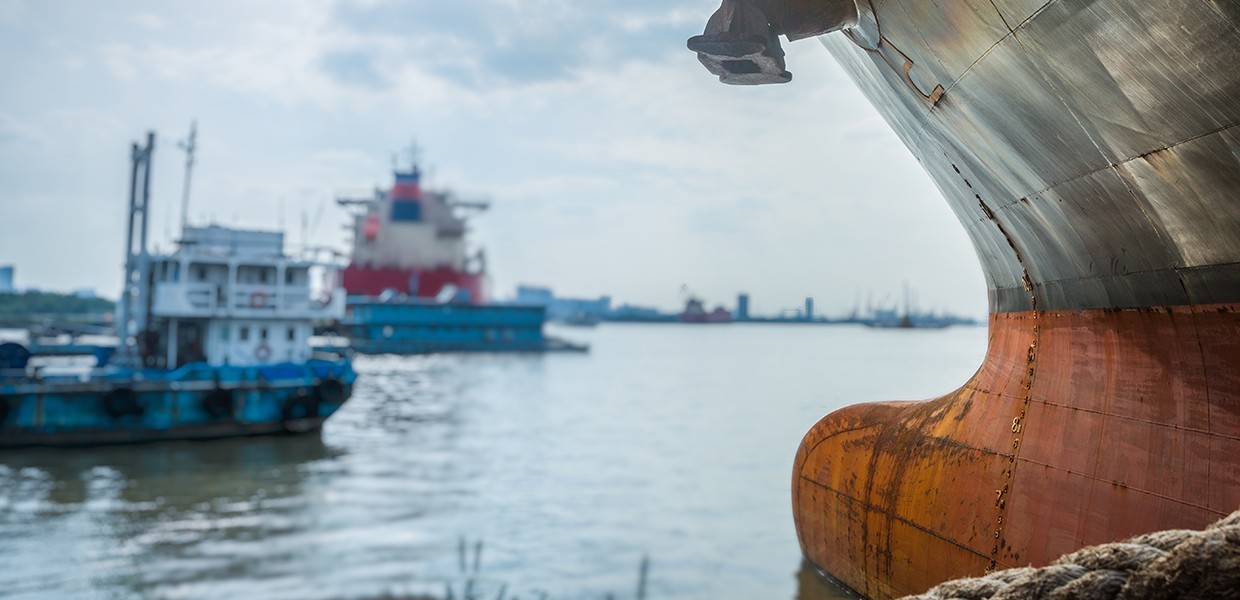Currently all modern commercial ships run on fossil fuels such as MGO (Marine gas oil), MDO (Marine diesel oil), IFO (Intermediate fuel oil), MFO (Marine fuel oil), HFO (Heavy fuel oil) collectively known as bunker fuel.These fuels have a high content of sulphur which is quite harmful to the environment
The International Maritime Organization (IMO) has been working to reduce harmful impacts of shipping on the environment since the 1960s.
The regulations for the Prevention of Air Pollution from Ships (Annex VI) seek to control airborne emissions from ships (sulphur oxides (SOx), nitrogen oxides (NOx), ozone depleting substances (ODS), volatile organic compounds (VOC) and shipboard incineration) and their contribution to local and global air pollution, human health issues and environmental problems.
In April 2018, more than 100 Member States met at the United Nations IMO in London and adopted an initial strategy on the reduction of greenhouse gas emissions from ships by at least 50% by 2050 compared to 2008 levels.
The current global limit for sulphur content of ships’ fuel oil is 3.50% m/m (mass by mass).The regulations to reduce sulphur oxide emissions has introduced a new global limit for sulphur content of ships and as from 1st of January 2020 the new global limit on the sulphur content will be 0.50% m/m.
IMO has advised several methods through which ships can meet lower sulphur emission standards. Naturally such compliance requirements bring along with its additional costs and uncertainty in terms of fuel costs for shipping and shipping lines.
Low Sulphur Surcharge
According to industry estimates, more than 90% of the global vessel f leet will be relying on compliant fuels when the sulphur rules step into force on 1 January 2020 and lines will need to invest in scrubbers etc.
Many of the shipping lines have announced that the costs for compliance will have to be passed on to customers/trade through the implementation of new or adjustment to existing fuel surcharges, which may vary based on the trade lanes.
The global container shipping industry could spend up to USD 15 billion in trying to be compliant with above requirements.
Sources state that other shipping lines have jumped on the bandwagon, announcing that these costs for compliance will have to be passed on to customers/trade through the implementation of new or adjustment to existing fuel surcharges, which may vary based on the trade lanes.



